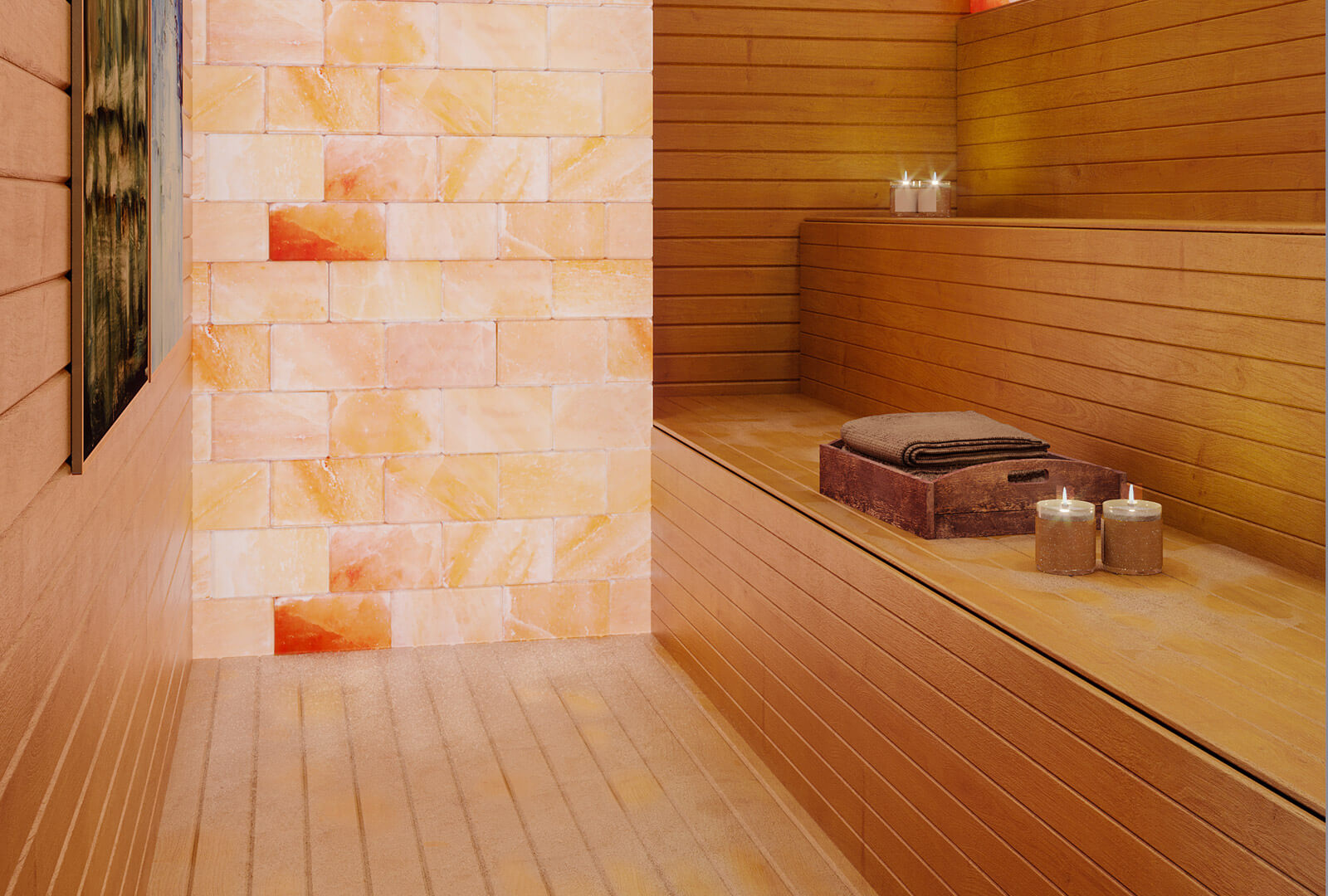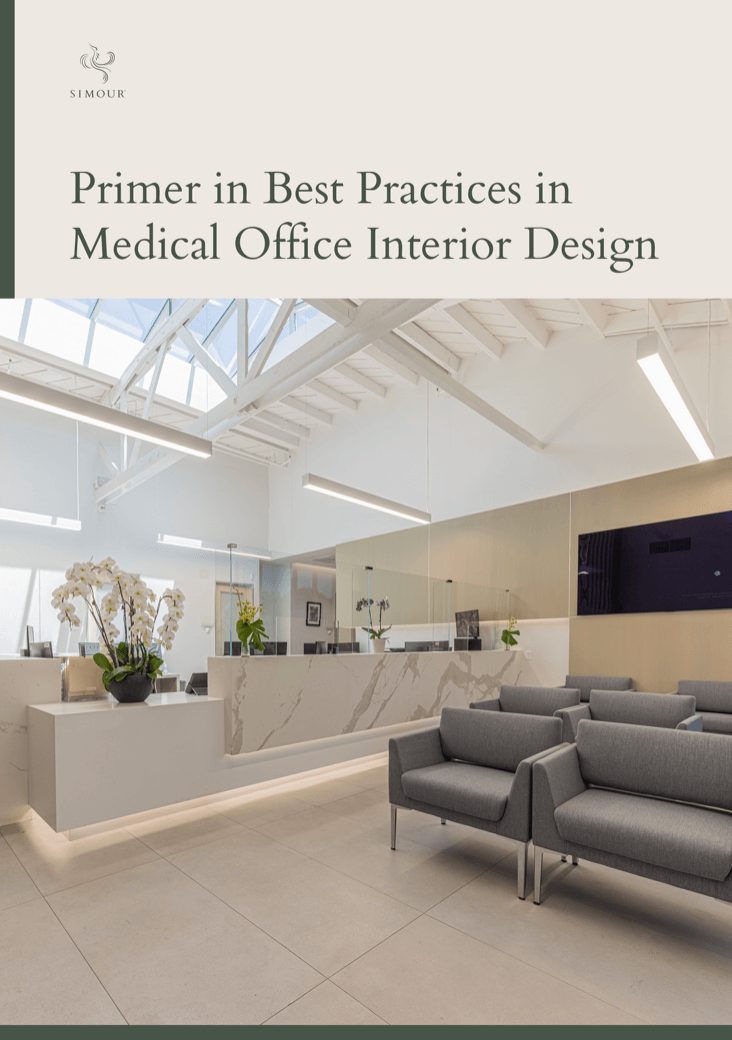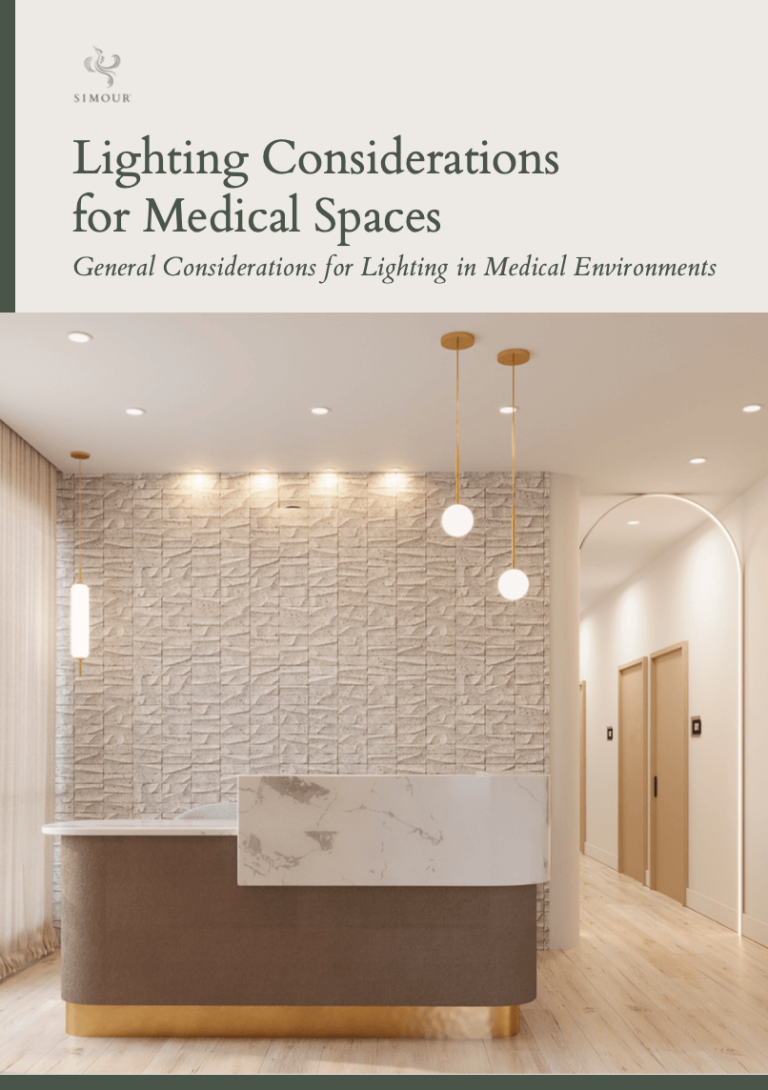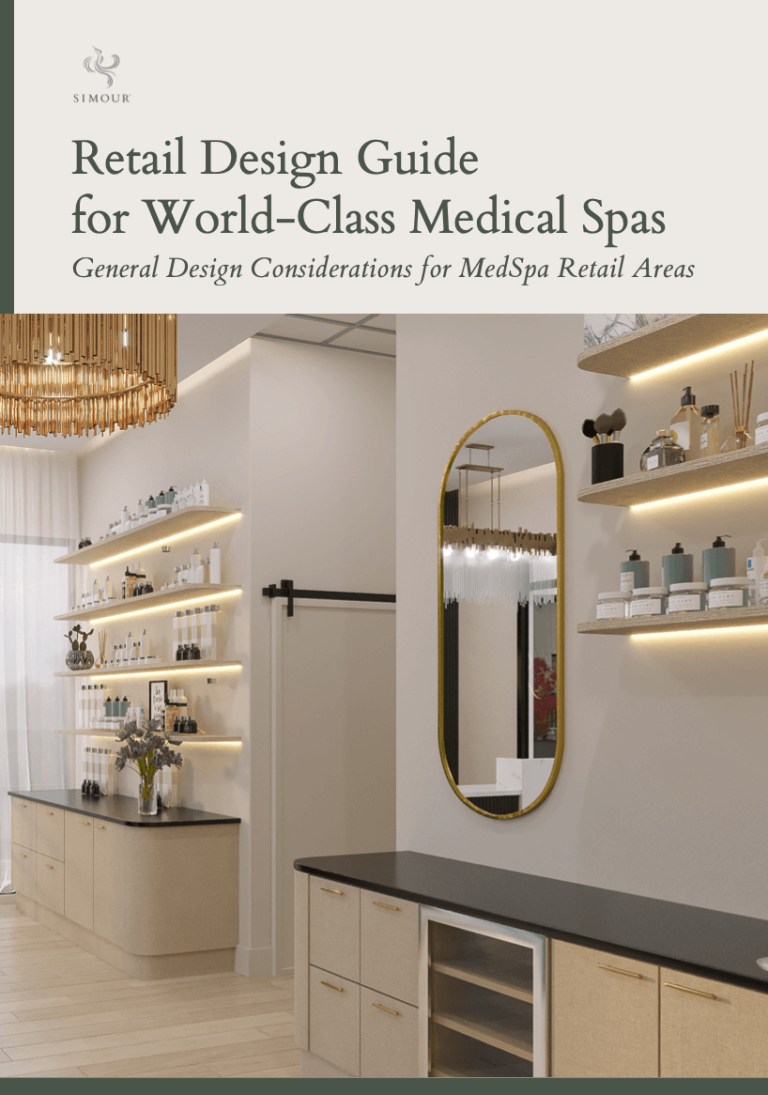“Success is the residue of planning.” – Benjamin Franklin
Halotherapy or the practice of inhaling micronized salt particles as a therapy to those that suffer respiratory ailments has gained traction over the years. It is a simple procedure; patients are kept in a room either lying or sitting and let the exposure to Himalayan salt in the air generated by halo generators be slowly inhaled into the body for relief. How do we make halotherapy effective through intentional interior design? Let us find out with this list.
-
Specialists
Halotherapy will require specialized tradesmen to accomplish. Aside from a competent Medical Interior Designer, you will need to have specific professionals to create some of the features for a salt room, some that are brought on to the project specifically to create these Halotherapy elements. For example, those glowing, back-lit walls of Himalayan salt are not so straightforward to build and it requires a certain grout to affix. Do not rely on ordinary builders that have no experience, knowledge, or qualifications to deliver the desired results.
-
Size
A suggested salt room is about 440 square feet or approximately 40 square meters. This size will fit the capacity of most halo generators.
-
Space
Salt rooms can be made from reusing an existing room or building a new one from scratch. They must however be made out to create the right temperature and humidity inside so support infrastructure like ducting for ventilation must be considered as early in the planning stage.
-
Scope
Now that you have the size and location down. Determine to what degree you want to build the salt features of your rooms. This can largely be determined by the budget for the project with scales varying from having a simple salt halo generator in a room to having a full-blown “cave” that has loose salt crystals on the floor, salt-crusted ceilings, and full-height salt-brick walls.
-
Style
Halotherapy leans heavily in the calming and relaxing ambiance the interior design can provide. Himalayan salt and all the building products that can be made from it, allow designers to craft creative spaces using the material. Imagine those rose gold glows coming from the marbled surface of Himalayan salt bricks. Through modern aesthetics, or a full-on “cave” simulation that harks the patient back to Halotherapy’s roots. Interior design can tie your salt rooms with the larger context of your medical spas.
-
Sound
Aside from visuals, sounds can heighten and increase the therapeutic effects of Halotherapy. Piped-in music from a curated playlist will put your patients in the correct state of mind even when they close their eyes.
-
Smog
Electromagnetic emissions produced by electronics are counterproductive to halotherapy. As such, keeping electronics out of the room or at least protecting them by placing them in an area adjacent to the salt room is best. Not only do you protect this sensitive equipment from direct exposure to erosive salts in the room, but you also get the full therapeutic benefits of Halotherapy.
-
Salt
Be sure you are getting high-quality Himalayan salt for full effect. Ask around, get certifications, cultivate relationships, and buy ONLY from sources you trust.
Halotherapy is steadily becoming a standard feature on most medical spas who want to current in their offerings. It is a perfect fit for the Med Spa model that fuses relaxation and medicinal benefits towards wellness. Designing your salt rooms or caves can be made effective for your patients and be a stress-free process for your practice if you are more knowledgeable and deliberate about how you build them.
Let SIMOUR Design help you create these stunning halotherapy spaces by calling us at (310) 359-1200 or drop a consultation request here. We wish you great success on your halotherapy journey ahead!
Sources/References:
ittefaqsalt.com/salt-room-construction
medium.com/@mq7772007/salt-room-construction-factors-to-consider-1e1b0997cbb
halotherapysolutions.com/saltrooms
installitdirect.com/learn/salt-therapy-halotherapy
touchamerica.com/pages/salt-room-design




